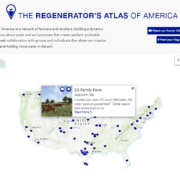High Hope Farm: Regenerative Agriculture in Action
By Luz Ballesteros and Felicia Bell
Soil for Water network member High Hope Farm is located in the “black prairie” country of western Clay County, Mississippi, and is owned and operated by Johnny and Deb Wray. Soil for Water Mississippi team leader Felicia Bell recently sat down with Mr. Wray to record an interview, discussing his regenerative journey and the improvements he’s seen in his farm’s soils.
In 2008, the Wrays decided to commit full-time to farming and moved permanently to the farm, after being inspired by Wendell Berry’s sustainable agriculture and local food systems philosophy. On their 38-acre farm, they raise regenerative grass-fed beef and lamb with two goals — providing safe, healthy beef and lamb to local consumers and sharing their regenerative agriculture journey with younger generations, hoping someone will follow in their footsteps. They use no steroids, growth hormones, antibiotics, or other chemical products. Their “high hope” is “to have a place that offers hospitality to friends and strangers alike — a welcoming table of good, healthy natural food, and a spot where earth, animals, plants, and people live, work, and play together harmoniously.”
When the Wrays first began, they tested their soil and found it was deficient in nitrogen, phosphorus, and potassium (NPK) minerals. Going against conventional wisdom, they decided not to depend on chemical inputs to correct these problems but instead chose to follow intensive rotational adaptive grazing to improve their mineral cycle. These decisions have paid off with dramatic improvements in their soil health. After 14 years of regenerative-adaptive management, Johnny was happy to share that current soil tests show significant improvements in organic matter at almost 6% and no NPK deficiencies.
Additionally, research on the farm by Mississippi State University showed that roots were deeper, soil microbiology was increasing, and some native grasses were returning, so much so that Johnny developed a new problem — growing too much grass. However, after consulting with Dr. Allen Williams, Johnny decided to let the paddocks he couldn’t manage rest because in the end tall grasses have deep roots that play a significant role in water infiltration and soil health.
This increased soil health has made High Hope Farm more resilient to unpredictable weather changes. Johnny mentioned that he realized he is a “dirt farmer” because “as you improve your soil, you improve your grasses, and you improve your livestock.” He has noticed a decrease in water runoff and soil erosion. Keeping the ground covered year-round also keeps the soil’s temperature noticeably cooler during hot Mississippi summers. These are all indications of a healthy soil sponge that captures, holds, and uses water more efficiently. Johnny says that observing these improvements as a direct result of his management is “very encouraging,” and has made his operation profitable.
Johnny mentioned great resources that helped him in his journey, including Understanding Ag, ATTRA, Soil Health Academy, USDA-NRCS, Mississippi State University, and regenerative movement pioneers like Dr. Allen Williams. He also emphasized the importance of being part of local producer networks to learn from others. These experiences have shown him firsthand how diversity and ecosystem dynamics are a fundamental part of regenerative farming.
For more information about High Hope Farm, visit their website and listen to Felicia Bell’s full interview with Johnny Wray here: Episode 275. How ’Dirt Farming’ is the Foundation of a Mississippi Grazing Operation.
Related NCAT Resources
Pasture, Rangeland, and Adaptive Grazing
Soil Health Indicators and Tests
Paddock Design, Fencing, Water Systems, and Livestock Movement Strategies for Multi-Paddock Grazing

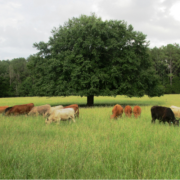
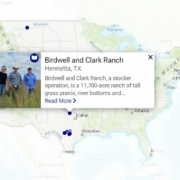
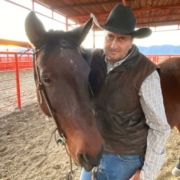
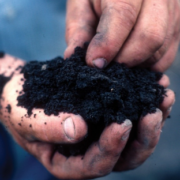
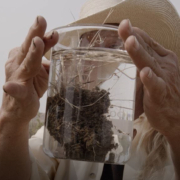

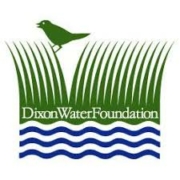
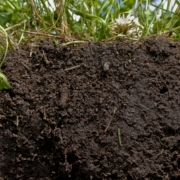 USDA NRCS
USDA NRCS